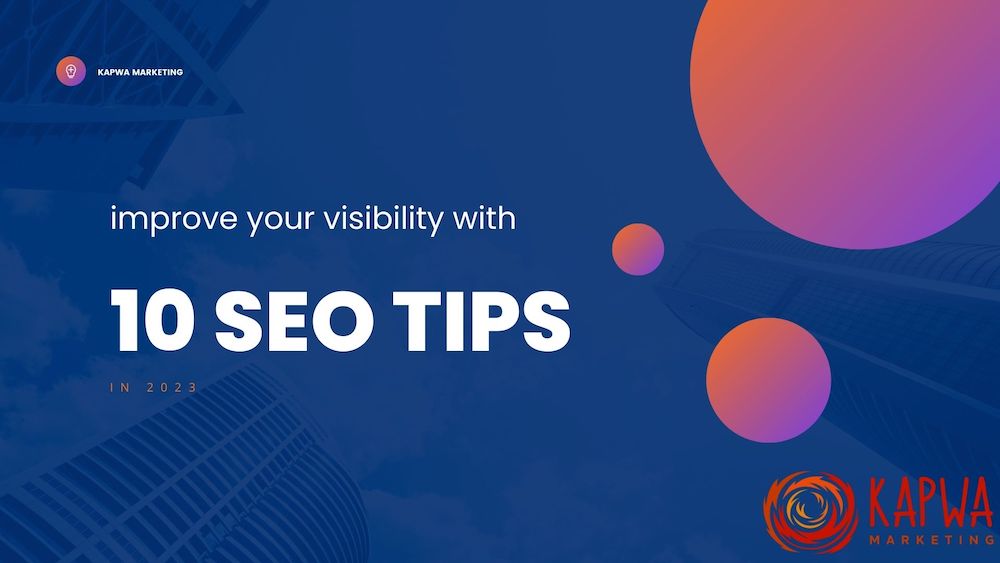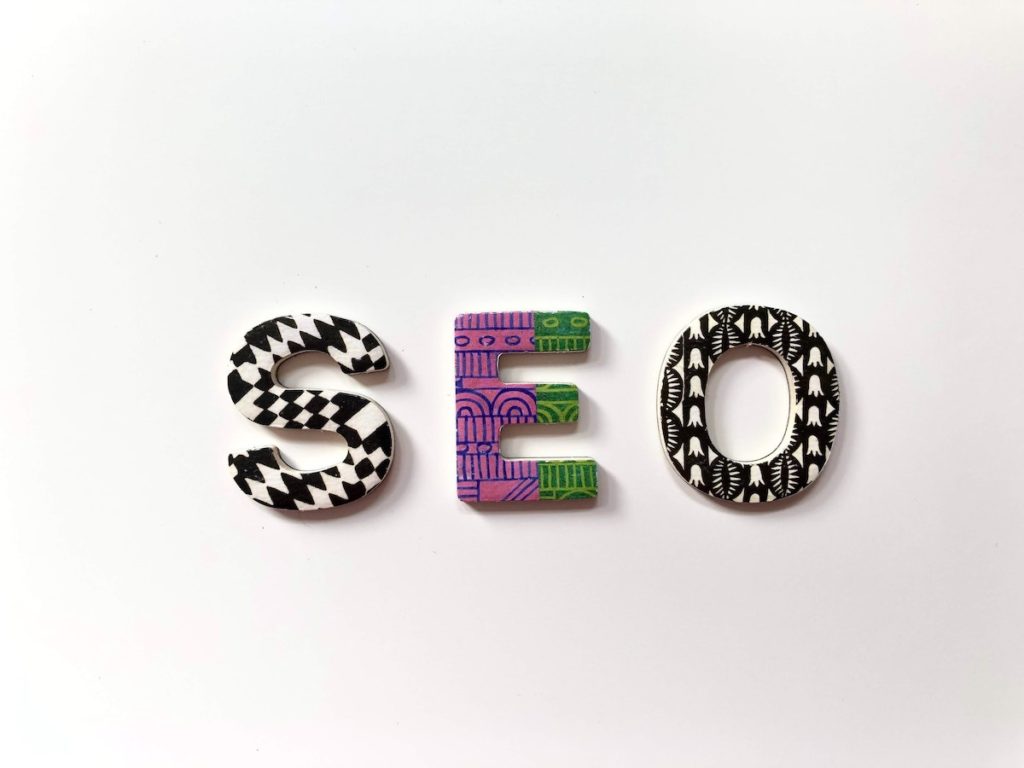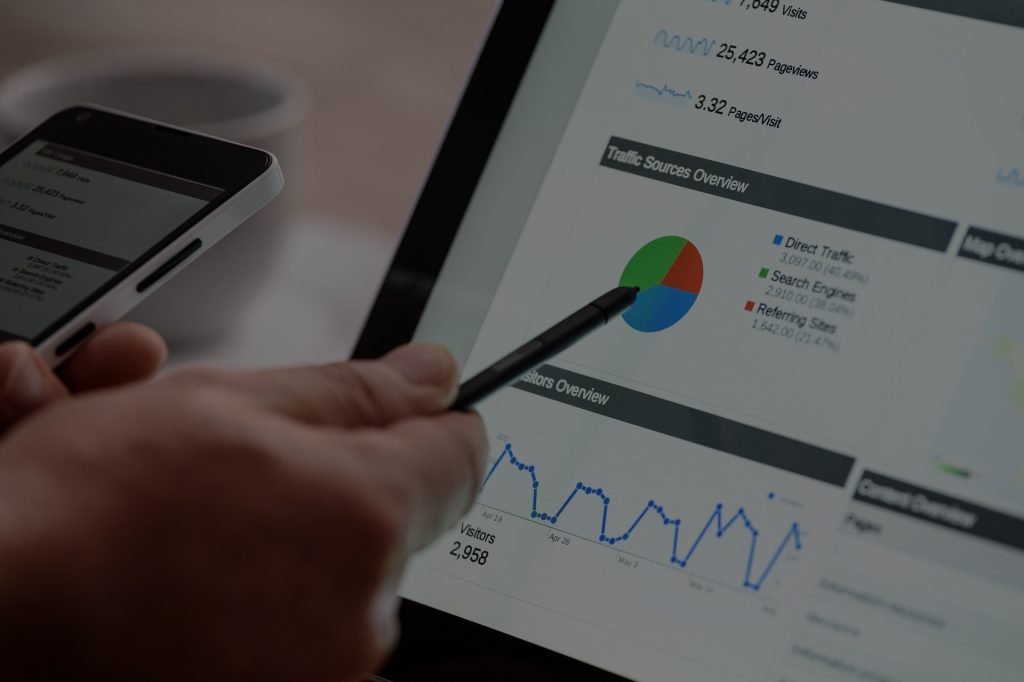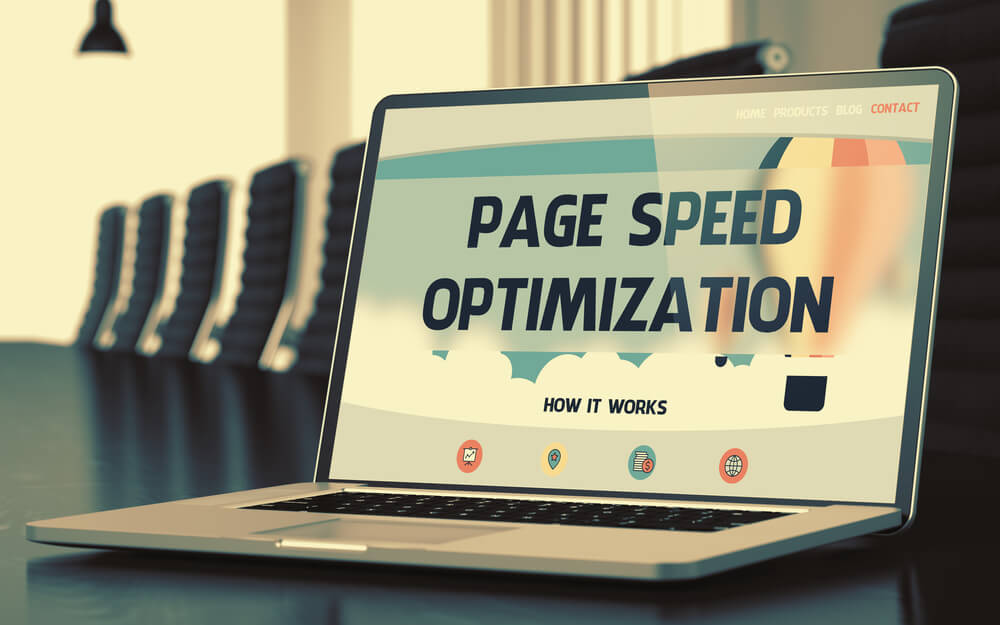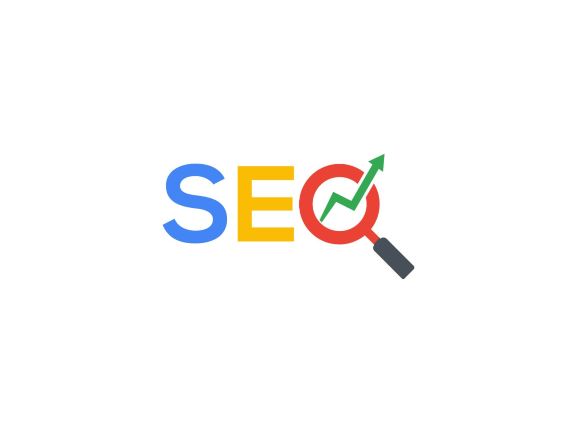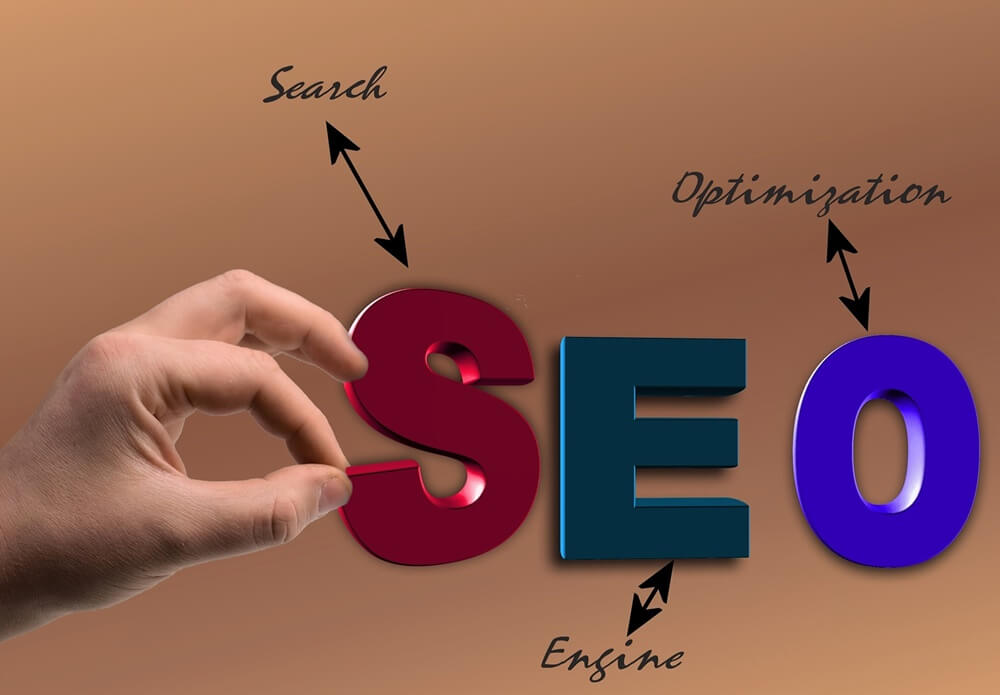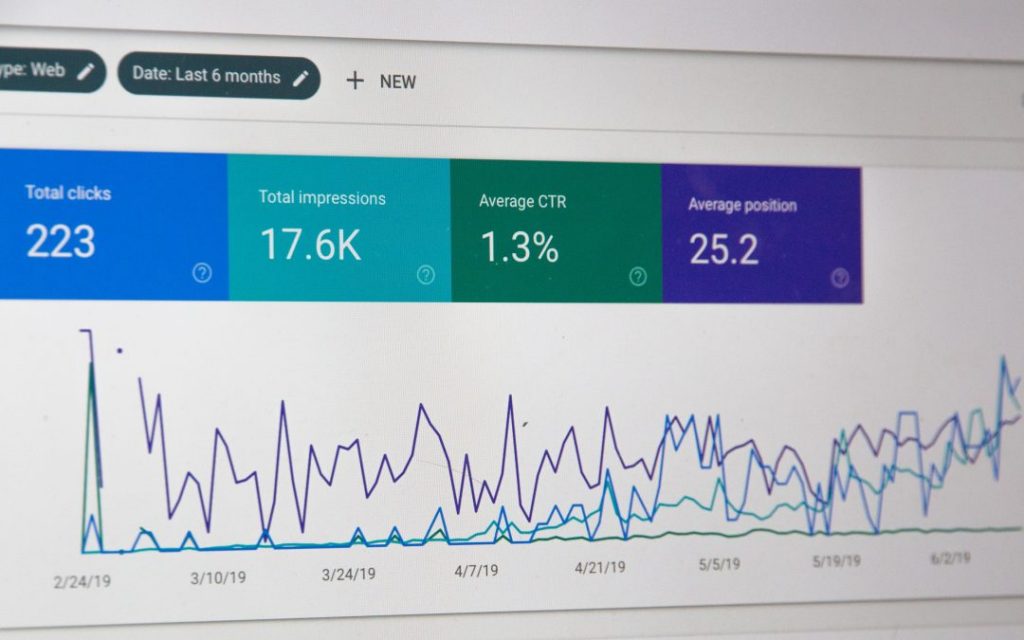Your professional SEO agency from the Philippines for more organic traffic!
Our SEO services will boost your rankings in Google, Bing & other search engines
If you want to generate more organic visitors from Google, what you need is a professional SEO agency
SEO has been our speciality for over 12 years, so we offer sustainable search engine optimization services from Cebu, Philippines, that makes a visible difference. We basically divide the concept into three areas with some overlap: technical SEO, onpage SEO and offpage SEO.
Search engine optimization has been around since 1998, even before the advent of Google. And yet many experts associate SEO with Google optimization. But how does it work?
Professional SEO is all about optimizing your web pages so that they are listed as high up as possible on the search engine result pages (SERPs) when a user enters relevant search terms (ie keywords). Almost 90% of internet users search via Google. But other search engines work similarly and evaluate more than 200 ranking factors. However, it should be mentioned that in recent years the topic of “artificial intelligence” (AI) has also played an increasingly important role, so that, at the latest since Google’s “RankBrain”, a clear causality for new updates can no longer be easily understood. Nevertheless, there are some important cornerstones that should definitely be considered.
-
SEO as online marketing measure with sustainable success
Search engine optimization is a long-term commitment and enables sustainable success if implemented consistently. From our experience as a reputable SEO firm, quick fixes and "quick wins" are often only positive in the short term. A solid SEO program is ultimately honest manual work. This consists of the triad of technical SEO, onpage SEO and offpage SEO. It is not absolutely necessary to categorize them too strongly, as there are always points of overlap, especially with technical and onpage SEO.
-
Technical SEO services as a solid base
Technical SEO is mainly about a clean technical implementation of the website, which should have a positive effect on the search engine positions. Important factors include a fast loading speed (page speed), the avoidance of crawling problems (including 404, 302, 301 status codes), the creation and updating of the robots.txt file or the so-called "meta robots" or the creation of an XML sitemap that can help the search engine bots with indexing. Furthermore, e.g. readable URLs are important, which should be kept as short and concise as possible. We consider an accumulation of important keywords in the URLs to be rather harmful, and in principle the website architecture should avoid an overly complex nesting of subpages, i.e. too many subcategories. Kapwa Marketing offers sustainable technical SEO services that will cover the most important technical aspects.
-
Onpage SEO: High quality content
With Onpage SEO we take into consideration all content elements; that means mainly written text, images or video content. In our assessment, good written content also includes optimized "meta titles" and "meta descriptions", which ideally should not only contain one of the focus keywords, but also a good call to action. SEO-optimized content these days is no longer generated by adhering to keyword density or formulas à la WDF*IDF, but must have one thing in mind above all: The potential visitors and their search intention when entering search terms in Google and other search engines. What does this mean? Ultimately, it is users who enter questions into the search slot, which should be answered as best as possible by the listed content. Google, Bing and other search engines particularly like it when possible W questions are answered briefly and concisely without sacrificing the necessary depth. Latent semantic optimization (LSO) has been very important since RankBrain at the latest, and modern SEO tools even allow semantic search engine optimization. It can be assumed that new "machine learning" approaches and complex AI algorithms based on adaptive neural networks will make future SEO even more dynamic. Some SEO companies assume that technical SEO will become less important, while onpage SEO will become more important. However, we consider the work sloppy if one of these areas is neglected. .
-
Offpage SEO: Backlinks, Social Media & PR
The third area in website optimization is off-page SEO, which concerns all measures outside of your own website. In the classic sense, this mainly involves the so-called "backlinks", i.e. the links that lead from other websites to your own website. One can also differentiate between the types of links, e.g. the particularly strong content links, forum links, footer links, commentary links and others. Furthermore, differences are also made between the pure number of backlinks and the domain popularity, i.e. the number of different domains from which one is linked, up to Class C popularity. Our philosophy as a best-practices SEO agency has always been that a link is only good if real people will click on it and find additional valuable information that is related to the topic. Google had introduced the "PageRank" quite early, which had a high importance in the rating of a website. Some SEOs assume that this PageRank is still one of the most important ranking factors, even if it is no longer displayed. And indeed, one can assume that good links can still have a positive effect. However, because Google is very cautious about the really relevant factors that influence search results, it can only carry out tests and draw its own conclusions. In any case, it is not a science, and every domain has its own history and reacts differently to certain measures. Apart from backlinks, the off-page SEO area also includes "social mentions", i.e. naming of the domain or company name / brand without linking, and indirectly also shares, likes and tweets on Facebook, Twitter, etc, whereby there may be correlations. But according to common opinion among the best SEO agencies, there is no causality. In short: a strong presence in social media often correlates strongly with good rankings - but one cannot assume an interaction here. To a certain extent, classic PR also belongs to this area, which naturally includes television, radio and print advertising. Ultimately, all measures that ensure a positive and targeted brand perception make sense - regardless of whether they are strong backlinks from authorities or good TV advertising that attracts more attention from the target group, which then searches for the offer on the Internet, finds it and, at best, links it from its own website.
-
Ongoing website optimization
Nowadays, SEO is all about ongoing website optimization. Current trends have to be considered as well as changes in search behaviour or seasonal fluctuations. Especially important is the consistent focus on the user, on the needs of (potential) customers. Today, SEO optimization has to combine various disciplines, including IT / computer sciences (PHP, HTML, CSS, JavaScript, Python, etc.), business administration / economics, psychology and neuroscience as well as humanities and online journalism. The constant willingness to learn is an important prerequisite to keep up with the latest developments at Google, YouTube, Amazon, Pinterest etc. The search giants are always providing innovations that continuously influence and change the optimization methods. Are you now wondering how to best get started on your SEO campaign? Request a quote for our professional SEO services!
Do you want to get started with professional search engine optimization from Cebu, Philippines?
We have been practicing sophisticated and innovative SEO strategies for many years, which helps our clients become more successful in the online world. As leading SEO company in the Philippines, we are happy to help growing businesses from all around the globe.
Read more about the most important steps that we would implement for your website
-
SEO Audit: Review of the Status Quo
If you already have a website, we will first take it completely apart and subject it to a detailed test. This SEO audit will show you precisely where the problems lie, which we will then eliminate in order to improve rankings and entice more relevant visitors from Google, Bing and other search engines.
-
In-depth keyword research and competitive analysis
In our experience, logical, data-based keyword research must always be the first step. We start by collecting important keywords in a brainstorming session, which can also include input from various stakeholders and even acquaintances and friends. Often, people outside of the company have different search behaviours than internal employees, because they also have other expertise. With professional tools like Google Ads Keyword Planner and SEO tools like Sistrix, Ahrefs or even SEMrush we can refine the keyword analysis and complement it with strategic competitive analysis. This makes it possible to find market opportunities that can be capitalised on through consistent keyword-focused content creation.
-
Determining the first keyword allocation
Afterwards the found keywords are organized in so-called clusters. Keyword allocation is a complex process based on experience and industry knowledge. Sometimes it is not clear whether keywords should be grouped into different clusters or into the same keyword set. Here is where previous experience can make all the difference. Alternatively, you can simply ask Google and then analyze the current SERPs to make a decision. Keyword allocation should also be expanded dynamically, depending on new trends and insights.
-
Creating optimized SEO content
Based on results from the keyword research process, optimized content is created, which should primarily and as much as possible take into account the search intention of users. Google wants to deliver exactly the results that would best answer the specific questions. An orientation towards the W questions is helpful, ideally the target customer is always considered when creating content. What problems could the customers have? How can web content help to provide initial solutions? Of course, the SEO texts should then also contain the most important keywords: among others in the meta title, meta description, h1 and h2 headings, paragraphs, but also in images (file names, alt text, caption) or even in infographics or videos.
-
Constant data analysis and keyword monitoring
Once the initial rankings and movements are established, it’s essential to regularly evaluate the data. Meaningful insights only emerge by comparing trends in visitor numbers and keyword performance. Proper interpretation of this data reveals whether an SEO campaign is on the right track. Ongoing analysis also helps uncover low-hanging fruit—easy ranking opportunities or valuable content extensions that can improve visibility for related search terms.
-
Implementation of new data-driven decisions
Findings from the data analysis process should then in turn be implemented in the SEO strategy. Are new landing pages necessary or can I place the keywords on existing subpages and blog articles? Does it perhaps even make sense to create a completely new theme website? Or have I focused on incorrect keywords that do not convert at all? In many industries seasonal fluctuations are also noticeable, eCommerce websites often generate the highest sales around Christmas, for travel websites there are seasonal trends as well as for many other service providers and product manufacturers. At the beginning of the Corona crisis, for example, digital applications such as zoom, Skype and other software providers for conferences grew almost exponentially.
-
Optimizing the cycle: New opportunities + increasing visitor numbers
A good search engine optimization is a cycle of keyword research, creation of optimized content, evaluation of data and rankings and the adaptation of the SEO campaign. It goes without saying that we always coordinate the three parts of technical, onpage and offpage SEO. In this way, we are also constantly identifying new opportunities and further optimizing the website with the help of data-based decisions. In this way, you will receive more and more relevant information from search engines according to the "flywheel principle" and thus more leads, conversions and sales. Then the goal of search engine optimisation is achieved, namely the improvement of your business figures and more online success.


